
3 out of 4 lab teachers indicate that their students are poorly prepared when they enter the lab (Verstege et al., 2016).
Provide students with interactive e-learning materials to prepare.
Make sure students get stuck if they did not prepare
(Biggs & Tang, 2014).

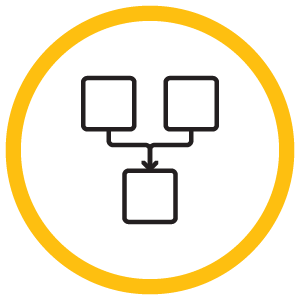
Many lab classes are of the ‘cookbook’ type. Such lab classes do not trigger students to actively think about what they are doing (Domin, 1999). Trigger students to engage in higher thinking levels, such as experimental design.
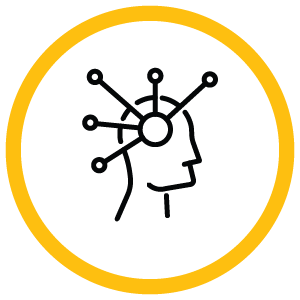
Students are typically overloaded with information during lab classes, which leads to less learning (Johnstone, 1997).
Provide relevant information just in time
(Merriënboer & Kirschner, 2018).
This can be done by using an interactive and electronic lab manual.
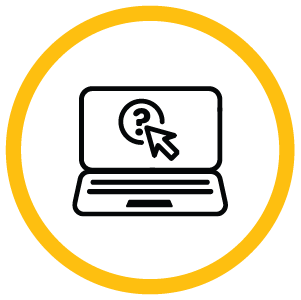
Only 3% of the student-teacher interactions during lab classes is about the content (Kozma, 2003). Students typically ask low-level questions such as: “Where can I find this?” Make sure that students have easy and just-in-time access to the answers to all such low-level questions during the lab class.
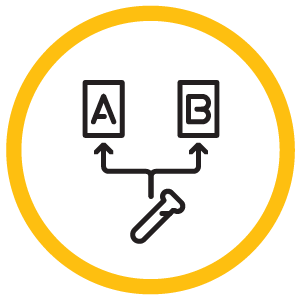
Checking lab reports takes a lot of time.
Ask students to only write parts of a scientific report
(Verkade, 2015).
Assign students to check each other’s reports. Besides providing an extra
opportunity for students to go through the content, the grades turn out to be almost identical compared to when a teacher would have done the grading (Harris, 2011).

LabBuddy started in 2013 as a spin-off at the Laboratory of Food Chemistry (Wageningen University & Research).
Today, our e-learning solution has become indispensable at many universities in Europe. We continue our mission to improve laboratory education worldwide.
Visiting address:
Stationsweg 73b
6711PL Ede
The Netherlands
Postal address:
P.O. Box 169
6700AD Wageningen
The Netherlands
Phone:
+31(0)85 303 7684
E-mail: info@labbuddy.net
Please fill in the form below to schedule a demo. You can also use this form to ask any other question.
Please fill in the form below to register for a training. You can also use this form to ask any other question.